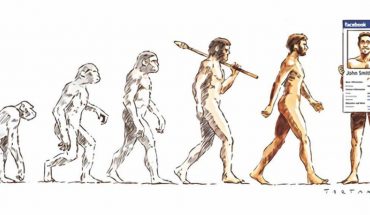
A new report highlights that the global food system is the main factor in biodiversity loss, which will continue to accelerate unless we change the way we produce food.
The document, launched by Chatham House, in partnership with the United Nations Environment Programme (UNEP) and Compassion in World Farming, states that changing dietary patterns globally towards more plant-based diets and fewer animal products could reduce pressure on the environment and soil use.
This report reveals that only agriculture is identified as a threat to 86% of endangered species, or 24,000 of the 28,000.
“Biodiversity loss is accelerating around the world. The overall rate of species extinction today is higher than the average rate of the last 10 million years,” the publication says. On the other hand, the global food production system is a major cause of climate change, responsible for about 30% of total human-produced emissions.
“Much of the land dedicated to agriculture is used for animal feed, which is then used to feed humans. This is an inefficient system,” says Diamela Covarrubias, director of the NGO Sinergia Animal, which works to promote more compassionate and sustainable food choices in Latin America and Southeast Asia.
An area of soil that can be used to produce 100 grams of plant proteins, can only produce 4 grams of proteins in the form of meat, for example. In the United States alone, 390 million more people could be fed the grains that are now destined for livestock. Therefore, removing animals as intermediaries from our food system would require less intensive agricultural production globally, reducing pressure on key ecosystems. Today, however, only 55% of the calories in world crops are destined to feed people directly.
At the same time, appetite for fish and other sea species is killing marine ecosystems. The fishing industry obtains billions of fish each year from the oceans and also threatens other species. For example, 40% of the animals caught are by fishing, a common situation when fishing vessels look for one species, but they catch many others and the fishing net is abandoned in the water, accounting for about 85% of the waste in certain sectors of the ocean.
On the other hand, the rapid expansion of aquaculture is not a sustainable alternative: an estimated 460 trillion to 1.1 trillion fish are caught at sea each year to feed fish on farms.
“Animal products such as meat, fish, seafood, dairy and eggs are among the most unsustainable foods we can consume. If we reduce its production significantly, much less land would be used for plantations, and that means there would be less pressure on forests and other ecosystems. So, the more we reduce fish consumption, the less exploited the oceans will be,” Explains Covarrubias.
The organization proposes that each person can help stop the damage by switching to a plant-based diet. For this he created the 21-Day Veg Challenge that supports consumers to eat more vegetables with daily tips, recipes, help from expert nutritionists and a community. By 2020 alone more than 18,000 people signed up.





